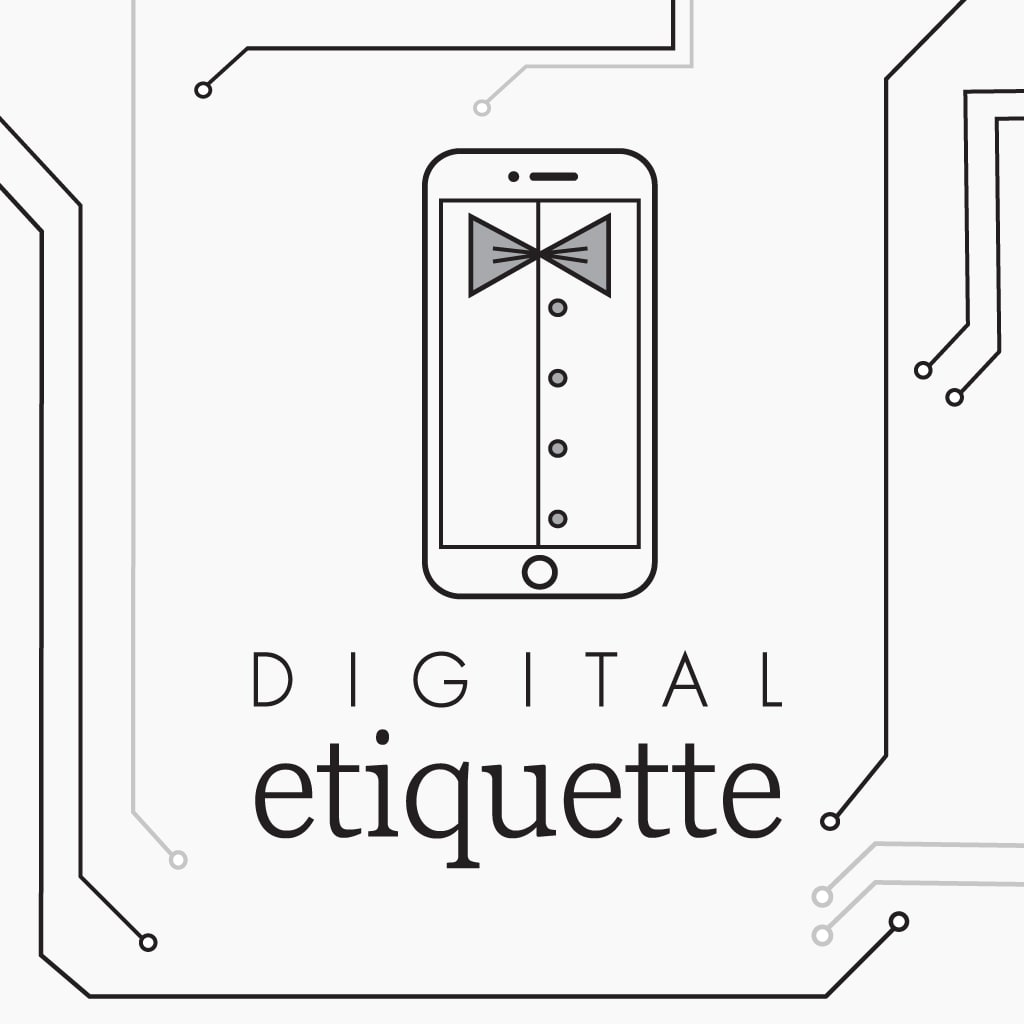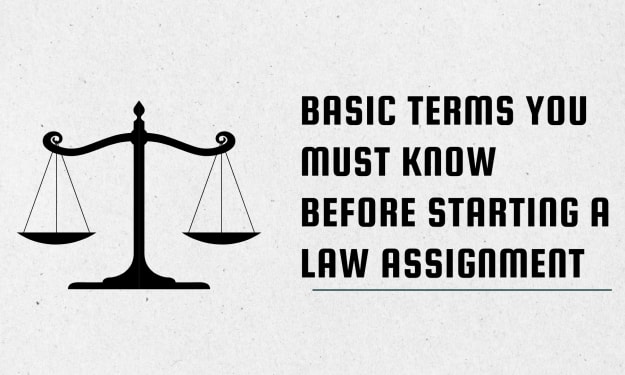8 Digital Etiquette Lessons to Instruct Students
Before knowing what digital etiquette is, let’s first discuss Digital citizenship. Digital citizenship has 9 important areas:-

As students are continuously connected to the Internet, it is important to teach them digital citizenship. No one is born with etiquette; as you read, hear, or learn, you will gain more knowledge about digital etiquette.
Digital etiquette, or netiquette, is one part of digital citizenship. That is why learning digital etiquette is an important piece of helping K-12 students become great digital citizens.
Before knowing what digital etiquette is, let’s first discuss Digital citizenship. Digital citizenship has 9 important areas,
1.Digital Access
2.Business, correspondence
3.Education
4.Regulation
5.Expectations
6.Well-being
7.Health
8.Security
9.Digital Etiquette
Now, read this article to teach 8 key lessons to your students about digital etiquette.
8 Digital Etiquette Lessons To Instruct Students
The following are 8 key lessons you can use to teach your students digital etiquette:
Safeguard Private Data:
Students should learn how to protect private information while posting in public spaces, whether it is a photo their friend does not want to be shared or the student's data. Help your students identify the categories of information that are considered private. Several models include:
1.Passwords
2.Their location
3.Other recognizable data
4.Humiliating photographs
5.Contradictory Comments
With your group, create different examples of private information and discuss general situations (such as using your real name in class gatherings but a screen name in public discussions).
Avoid the Discouragement::
In the web-based domain, it is easy for discouragement to prosper, particularly when people can take cover behind the anonymity of a screen name. Students need to perceive that pessimistic remarks can be as hurtful online as they seem to be face to face.
Offering views, displaying abilities, or sharing interests leaves one defenseless, and students ought to support each other as opposed to tearing each other down.
Reconsider Clicking "Send":
Many of you have experienced the regret of hastily sending an email or realizing that our anticipated message was confused due to a statement.
Students ought to be urged to delay and survey their correspondences before hitting "send."
Routinely re-reading their composed substance will assist them with etymological errors and forestall the transmission of inappropriate or misdirected information.
Leave Mean Conversations:
Unfortunately, cyberbullying exists in the web-based world. Digital etiquette helps students from cyberbullying. Students ought to be engaged to report instances of harassment, whether experienced without help from anyone else or their companions.
Moreover, they ought to have positive expectations about withdrawing from conversations that cause them to feel hurt or uncomfortable.
Leaving a discussion where somebody becomes horrible or intolerant is the best strategy. Logging off before misuse heightens is a proactive method for safeguarding one's prosperity.
Avoid Sarcasm or Inappropriate Humor:
While sarcasm can be a compelling device for easing up a circumstance or drawing in others face to face, it often doesn't translate well on the web.
Students need to understand that sarcasm, offensive humor, and other forms of incongruity vigorously depend on tone and non-verbal signs, making them vulnerable to distortion in text-based correspondence.
Although internet-based sarcasm might appear to be enticing, no joke is worth the potential for misunderstanding or offense.
Be Forgiving of Others' Mistakes:
As students communicate more often through text-based platforms, they become more mindful of one another's punctuation and spelling abilities.
A few students might enjoy correcting others' mistakes to exhibit their abilities or redirect a disagreement.
Nonetheless, it is important to explain that it is the educator's job, not that of other students, to address language and spelling errors.
At the point when corrections are fundamental, confidential messages are often the best method for giving valuable criticism.
Remember the Audience:
Students should figure out how to consider their audience while creating their messages. What might be fitting for a relaxed instant message may not be reasonable for a gathering talk or a forum attended by an educator.
Students ought to understand that inside jokes are exclusionary and ought to be avoided in more extensive conversations where most participants won't understand their meaning.
While speaking with educators or authority figures, students ought to take on a more formal tone, utilizing total sentences and deferential language, setting them up for professional cooperation later on.
Sign Off Appropriately:
Similarly, one of the most important factors of digital etiquette is sign-off from the device appropriately. As leaving a party without bidding farewell can be viewed as impolite, students ought to figure out how to announce their takeoff when participating in ongoing conversations on the web.
Inability to do so can prompt disarray among those they were connecting with, who might contemplate whether they expressed something to offend them or may keep talking without understanding the student has left.
Appropriately signing off keeps up with clear correspondence and avoids misunderstandings.
Conclusion:
Teaching digital etiquette is an ongoing interaction that requires proactive guidance from educators. By utilizing homeroom management software like LanSchool, educators can address etiquette issues continuously, monitor students' screens and talks, send exhaustive messages to address normal behavioral examples, and give private criticism to individual students. Also, using web filtering software like Lenovo Netfilter can enhance students' internet-based well-being and safeguard them against more serious dangers.
About the Creator
Judy Watson
I'm a premium content writer from Grimsby CA, who specialized in Website content & copywriting.
Website: https://www.lenovo.com/ca/en






Comments
There are no comments for this story
Be the first to respond and start the conversation.